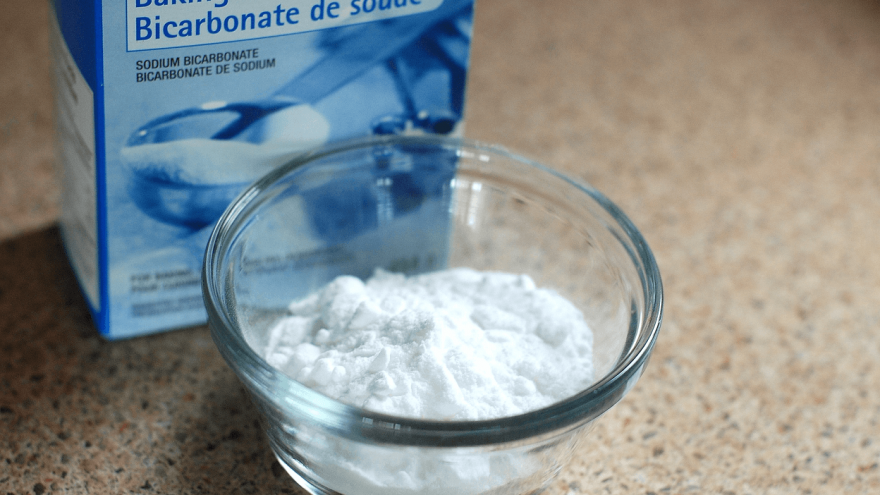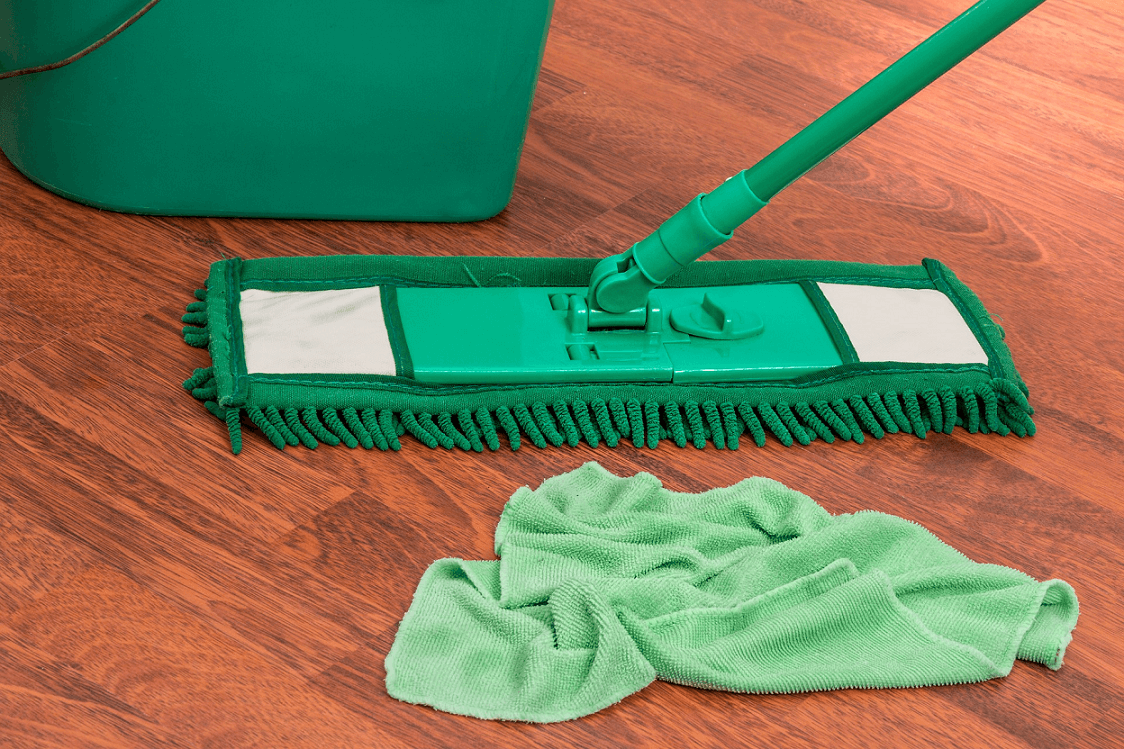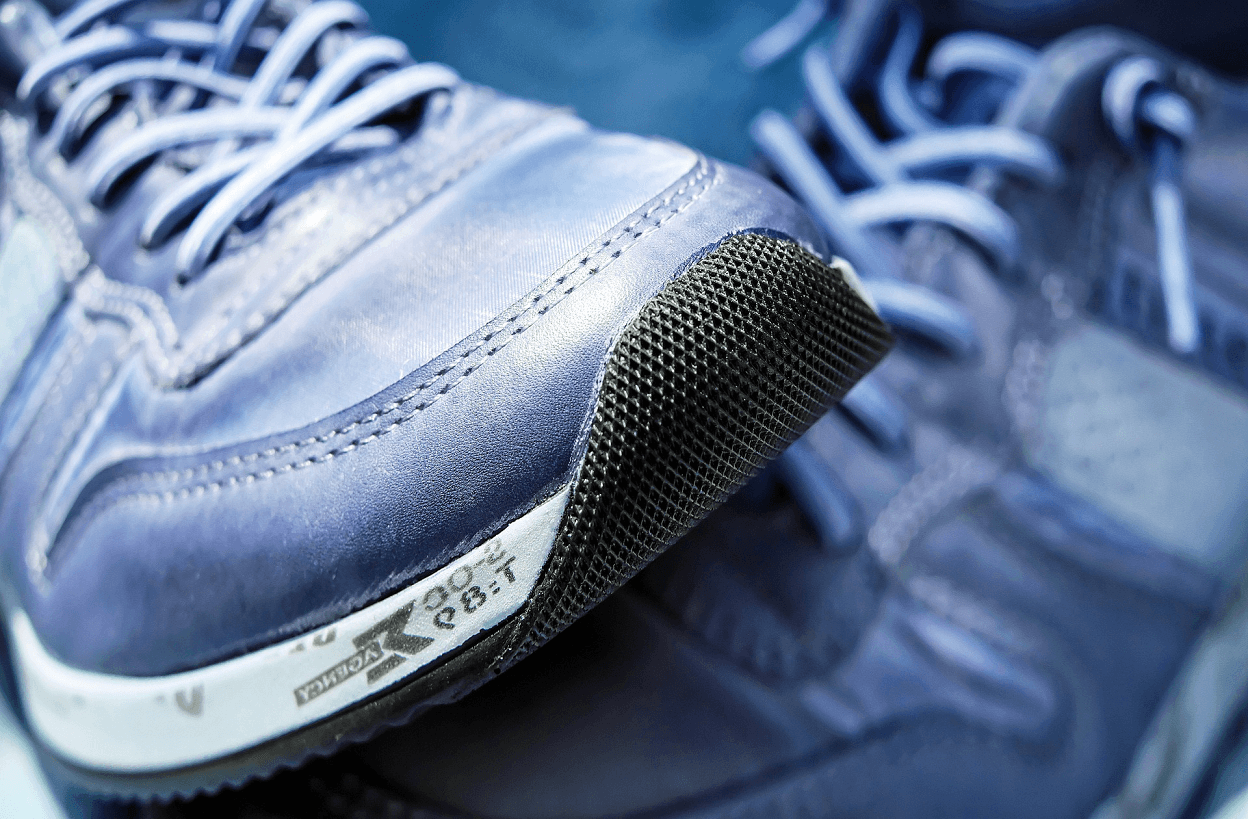Can Baking Soda Boost Your Running Performance?

Baking soda literally has 101 uses in and around the house. From relieving heartburn and diaper rash to cleaning floors and freshening the air, it’s a safe, affordable and versatile gem that no household should ever be without.

But did you know that baking soda can also potentially boost your running performance? No? While you might have been using it as a natural cleaning- and kitchen aid all along, good old baking soda is actually one of the most extensively studied ergogenic aids (i.e. substances used to enhance physical performance and stamina) around.
Surprised? Here’s the low-down.
What is baking soda?
Baking soda, also known as sodium bicarbonate or NaHCO3, is an alkaline salt with a pH of 8.4. Which, if you’re a runner, can be beneficial in terms of its ability to buffer acids produced during physical exertion. And why would you want to do buffer the acids formed during exercise? Because the human body functions optimally at a basic or slightly alkaline pH of 7.35 to 7.45.
How does baking soda impact running performance?
So how does all of this link to improved running performance? In very simplified terms, bouts of running make your blood and muscles more acidic by converting carbohydrates into lactic and other acids. A build-up of acid inside muscle cells is then, in turn, partly responsible for the onset of fatigue. But, by taking baking soda, which is a base, you can partly counteract this acidification, thereby helping your body to work harder and run longer before reaching a state of exhaustion.
1. The impact of baking soda supplementation on short bouts of exercise
Many studies have found that the small performance boost offered by baking soda is, however, most relevant in short, intense races or events lasting between one and ten minutes. Why? Because these are the types of events that cause the biggest spike in acidity. Note that sodium bicarbonate dosages of 0.3 to 0.4 g per kilogram of body mass were effective in most of these short-term exercise studies.

2. The impact of baking soda supplementation on endurance exercise
But what about longer events? Does baking soda supplementation offer any benefits there? While research is still quite limited in this area, a few promising studies have been done.
In a 2017 study published in PLoS ONE, 18 experienced runners completed two endurance tests consisting of 30 minutes at 90% of their anaerobic threshold, followed by going for as long as possible at 110% of their anaerobic threshold. Study participants ingested 0.3 g of baking soda per kilogram of body weight before the first test and a saltwater placebo before the second.
The results? Baking soda rather disappointingly made no difference when it came to time-to-exhaustion performance. Running journalist, Alex Hutchinson, points out, however, that although no improvement was recorded for the time trial, study participants did better in their VO2max tests after ingesting baking soda. And while this VO2max improvement was not of statistical significance, the running speeds recorded before giving up were significantly higher after taking baking soda. Meaning that sodium bicarbonate might give you an edge in terms of a kicking finish at the tail-end of a 10K race.
Another promising study was published in the International Journal of Sports Medicine in 1996. And although this study focused on the use of sodium citrate instead of sodium bicarbonate, the principle remains the same. Before performing two 30 km cycling time trials, eight experienced male cyclists were given either a placebo or sodium citrate at a concentration of 0.5 g per kilogram of body weight. A number of variables were then measured during and after each time trial. The research team found that the time it took to complete the 30 km distance was significantly faster for the sodium citrate group than the placebo group. Which caused researchers to conclude that “favorable metabolic conditions were obtained following sodium citrate ingestion and these likely contributed to the improvement in cycling performance”.
As is evident, a lot more research is still needed in this regard.
The potential side-effects of baking soda supplementation
And while the performance-boosting benefits of sodium bicarbonate, especially over shorter distances, have been shown many times over, it’s important to note that this could come at a cost. While the impact of baking soda supplementation is, of course, highly individual, 15 out of the 25 participants of the above-mentioned 2017 study (that’s 60 percent!) experienced gastrointestinal side effects, including stomach aches, diarrhea, nausea, vomiting, and dizziness. In fact, seven of the original participants withdrew from the study as a result of their intense gastrointestinal side-effects. Something, we’re sure you’ll agree, one definitely wouldn’t want to battle with during a goal race.

So while baking soda may just give you the edge in that final sprint of your goal 10K race, it may also cost you. Because what good is an impressive finishing kick if you spend most of the race cooped up in a porta-potty, right?
And while tummy issues are certainly less than ideal on a run, a number of even more serious side-effects have been identified for baking soda supplementation. These include:
- General weakness
- Tetany
- Cardiac rhythm disturbances (which could potentially be fatal)
- Gastric ruptures
- Seizures
Individuals who should avoid supplementing with baking soda
In light of these potentially serious side-effects, it is recommended that individuals who fall into any of the following risk groups do not supplement with sodium bicarbonate:
- Pregnant women
- Breastfeeding moms
- Individuals suffering from high blood pressure
- Persons suffering from heart disease
- Individuals with kidney problems, including kidney stones
- Persons with a history of electrolyte disturbances, including Addison’s disease and aldosteronism
Don’t throw out that baking soda just yet…!
But don’t throw out that packet of baking soda just yet! If the potential side-effects of boosting your performance with baking soda are a bit too risky for your liking, there are numerous other ways in which you can still benefit from it. Like this one from the team at Women’s Running: Smelly running shoes? Just sprinkle a tablespoon of baking soda into each shoe overnight after every run. You’re welcome!

Sources
- , Does baking soda boost endurance?, Online publication
- , 3 Steps To Remove The Smell From Your Running Shoes, Online publication
- , Neutralize acid to enhance performance, Scientific journal
- , Sodium citrate ingestion enhances 30 km cycling performance, Scientific journal
- , Boost Your Performance Using Simple Baking Soda – Part 2, Online publication
- , Boost Your Performance Using Simple Baking Soda, Online publication
- , Effect of sodium bicarbonate on prolonged running performance: A randomized, double-blind, cross-over study, Scientific journal
Latest Articles
 Is Running on a Treadmill Easier Than Running Outside?Runners have their own preferences, whether it is treadmill running, running outside on the road, or exploring trails. So...
Is Running on a Treadmill Easier Than Running Outside?Runners have their own preferences, whether it is treadmill running, running outside on the road, or exploring trails. So... Is It OK to Use Trail Running Shoes on the Road?While trail running shoes can be used on roads, especially in situations where a runner encounters mixed terrains or pref...
Is It OK to Use Trail Running Shoes on the Road?While trail running shoes can be used on roads, especially in situations where a runner encounters mixed terrains or pref... How to Fix Sore Quads After Running?Rest, ice, gentle stretching, and over-the-counter pain relievers can help soothe sore quads after running. Also, ensure ...
How to Fix Sore Quads After Running?Rest, ice, gentle stretching, and over-the-counter pain relievers can help soothe sore quads after running. Also, ensure ... 10 Fruits With The Most Electrolytes to Replace Sports DrinksThese fruits are high in electrolytes such as potassium, magnesium, and calcium, essential for hydration, muscle function...
10 Fruits With The Most Electrolytes to Replace Sports DrinksThese fruits are high in electrolytes such as potassium, magnesium, and calcium, essential for hydration, muscle function...

